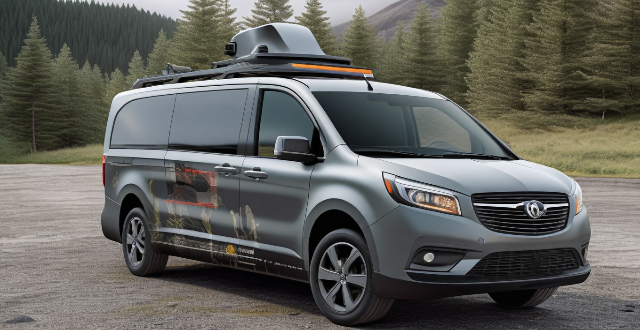Car recovery services are designed to help motorists in difficult situations, such as accidents or breakdowns. The distance these services will travel depends on several factors, including the service area, type of service requested, cost considerations, availability, vehicle characteristics, insurance coverage, and environmental conditions. Some services operate locally, while others cover larger regions or even the entire country. Roadside assistance typically covers short distances, while towing services may involve longer distances. Costs can vary based on flat rates, mileage charges, and additional fees for fuel or driver time. Many recovery services operate 24/7, but availability might decrease outside peak hours or in remote areas. Light vehicles are usually easier and cheaper to recover, while heavy vehicles may require specialized equipment. Insurance policies might include provisions for recovery over certain distances, and insurance companies often have partnerships with specific recovery services. Environmental factors such as weather conditions and terrain challenges can also affect the availability and cost of recovery services. It's essential to check with your chosen recovery service provider for specific details regarding their capabilities and limitations before needing their assistance.

Distance Covered by Car Recovery Services
Car recovery services are designed to help motorists who find themselves in a difficult situation with their vehicle. This could be due to an accident, breakdown, or any other issue that renders the car undrivable. The distance these services will travel to retrieve your vehicle can vary depending on several factors. Below is a detailed explanation of what you can expect from a typical car recovery service:
Service Area
- Local Services: Many recovery services operate within a specific local area and may not travel long distances.
- Regional Services: Some companies cover larger regions and are willing to travel further than just their immediate vicinity.
- National Services: A few large-scale operations provide nationwide coverage and can recover vehicles from almost anywhere in the country.
Type of Service
- Roadside Assistance: Typically covers short distances to the nearest repair shop or safe location.
- Towing Services: May involve longer distances, especially if specialized facilities are required for repairs.
- Emergency Response: Often focused on immediate needs rather than long-distance transportation.
Cost Considerations
- Flat Rates: Some services offer fixed rates for certain distances or areas.
- Mileage Charges: Others charge based on the distance traveled, with rates per mile or kilometer.
- Additional Fees: Longer distances may incur extra fees for fuel, driver time, or overnight stops.
Availability
- 24/7 Services: Many recovery services operate around the clock, but availability might decrease outside peak hours or in remote areas.
- Scheduled Recovery: If immediate response isn't necessary, some services allow you to schedule a recovery at your convenience.
Vehicle Type and Condition
- Light Vehicles: Smaller cars and motorcycles are usually easier and cheaper to recover.
- Heavy Vehicles: Trucks and other large vehicles may require specialized equipment and have different rate structures.
- Severe Damage: Extensive damage might limit which companies are willing to take on the recovery job.
Insurance Policies
- Covered Services: Your insurance policy might include provisions for recovery over certain distances.
- Preferred Providers: Insurance companies often have partnerships with specific recovery services.
Environmental Factors
- Weather Conditions: Severe weather can affect both the availability and the cost of recovery services.
- Terrain Challenges: Rural or mountainous areas might present additional difficulties and costs.
Conclusion
The extent of travel for car recovery services is influenced by numerous variables, including the company's service area, type of service requested, cost structure, availability, vehicle characteristics, insurance coverage, and environmental conditions. It's essential to check with your chosen recovery service provider for specific details regarding their capabilities and limitations before needing their assistance.